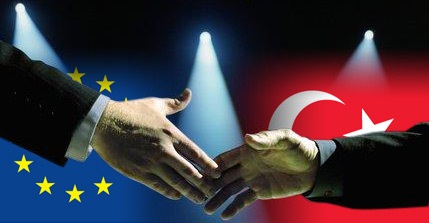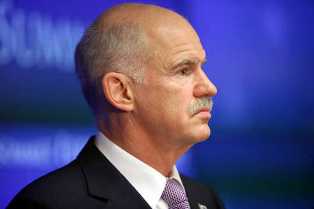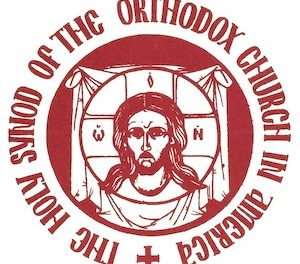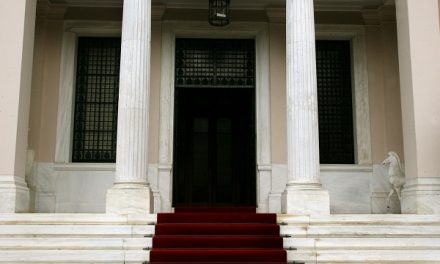By SELİN NASİ, Hurriyet Daily News
It’s time for a frank discussion.
The responsibility for the current state of Turkey-EU ties cannot be laid at the feet of any one party. But the European Union failed its first test of sincerity on Turkey’s membership bid in 2004, when it accepted Greek Cyprus as a member and granted it the power to veto Ankara’s accession chapters. What’s more, anti-Turkish rhetoric from within the EU wore down Ankara’s pace and motivation for reform while also shaking the Turkish public’s belief in the process. Naturally, this also resulted in the EU gradually losing the political leverage to encourage Turkey’s democratization.
Fast-forward to today and there is a huge gap between Ankara and Brussels in terms of common values. Just last April, the Parliamentary Assembly of the Council of Europe reintroduced a monitoring process for Turkey, showing that it would not compromise on the Copenhagen Criteria.
Both sides are tired of hearing the arguments endlessly trotted out by the other. So it is now time that we redefine Turkey-EU relations on the basis of realism.
In this respect, President Recep Tayyip Erdoğan’s visit to Paris last week opened the door to a more realistic era in Turkey-EU ties. Erdoğan neatly summarized how fed up Turkey is with the never-ending accession process. But French President Emmanuel Macron said the current situation did not permit the opening of any new accession chapters with Turkey. Still, both parties said they agreed on the importance of “anchoring” Turkey to Europe.
“Let’s abandon the hypocrisy on Turkey’s membership in the EU,” Boyko Borisov, leader of EU term president Bulgaria, said recently.
“Let’s sign a special treaty between Turkey and the EU.”
The treaty that post-Brexit Britain will eventually sign with Brussels has been touted as a possible model for Turkey-EU ties. But in spite of the profound deadlock in the accession process, the negative connotations of a “privileged partnership” make that a difficult choice to accept officially.
But perhaps what needs to be asked today is this: Is a model based on mutual self-interest, which prioritizes economic and security cooperation, not the lesser of two evils when the alternative is a complete rupture in ties?
In an age when the risk of conflict has risen in global politics, Turkey and the EU share a number of interests and approaches on a number of issues – most notably on the fight against radical terrorism, refugees, the Israeli-Palestinian question, ending the Syrian War and maintaining the Iran nuclear deal. One could add a shared desire to pursue balanced ties with Russia and ensure energy security to this list.
Despite internal challenges, the EU remains the sole representative of the liberal democratic order and a balancing power at a time when the United States’ unilateralism has weakened the United Nations and NATO.
Abandoning sentimentality and identifying and acting on areas of common interest could help Turkey and the EU reduce tensions and foster a positive agenda.
Amid the current doom and gloom, a recent meeting between Turkey and Germany’s respective foreign ministers, Mevlüt Çavuşoğlu and Sigmar Gabriel, to discuss mutual steps to normalize ties between Ankara and Berlin suggests that the parties favored compromise over conflict.
If Ankara’s ties with Berlin are put back on track – and Germany’s new government will be critical on that front – it might not have a direct effect on accession talks. But it could usher in positive developments in Turkey-EU ties, especially in terms of updating the Customs Union.
One can already count the Permanent Structured Cooperation (PESCO), an initiative to develop common security in Europe that was signed by 25 countries last month and which is open to others, as one area in which Turkish-EU cooperation can be developed.
Maintaining its European anchor could help Turkey realize a number of much-desired comprehensive economic reforms, while also preventing extreme swings in foreign policy. Keeping the channels of dialogue between Ankara and Brussels would ensure the continuation of cultural interaction – and might even help contribute to a democratic transformation in the long run.



















